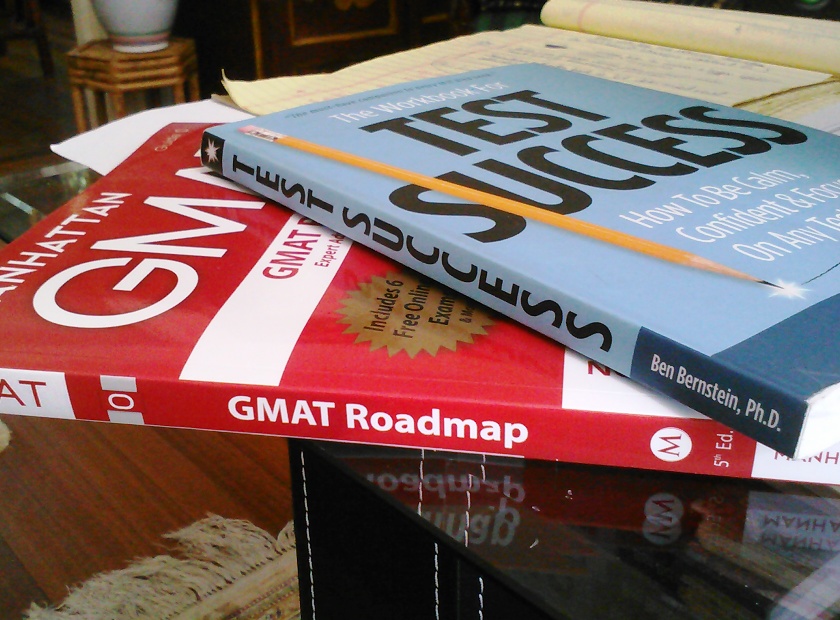
What the Best Business Schools Look for in MBA Applicants

Barbara Coward
A guest post from Barbara Coward, a top education industry analyst, and founder of Enrollment Strategies, an advisory service to businses schools.
If you are applying to a “top” business school, you’re far from alone. The full-time MBA programs recently ranked in the top 10 by U.S. News & World Report received 54,694 applications last year. The acceptance rate for these schools topped at 23.6 percent, and the lowest acceptance rate was even more daunting. Stanford University’s Graduate School of Business, for example, accepted only six percent of full-time MBA applicants in fall 2016.
It’s no wonder there is so much anxiety and stress involved in the admissions process. Despite all the resources available for prospective students on business school websites, blogs, and social media pages, the selection criteria can still seem quite murky.
So what do business schools really look for in MBA applicants? If you are applying to the best business schools worldwide, there are three key things to keep in mind.
-
Academic Ability
While an MBA is viewed in most workplace cultures as a career passport, it is first and foremost an academic degree. The importance of the academic nature of the program is underscored, for example, in the U.S. News and World Report ranking methodology. All surveyed business schools are required to have AACSB Accreditation, and business schools must meet strict quality standards for student learning to earn accreditation. As a result, prospective students applying to AACSB-accredited schools need to provide evidence of academic ability.
A school will determine your academic potential primarily through your GPA. However, the GMAT is also a key factor in the selection process and provides an opportunity to strengthen your application. You can’t go back in time to improve your GPA, but you can demonstrate your academic ability through the exam and retake the GMAT every 16 days.
Yet there can be extenuating circumstances for applicants whose numbers fall below what some business schools look for, and admissions officers often take those situations into consideration. For example, I’ve evaluated applications from candidates all over the world who have high test scores but an underwhelming undergraduate transcript because of an illness in the family or a serious personal challenge.
In fact, admissions officers often become quasi-detectives as they dig through application materials searching for proof of potential. The more evidence an applicant can provide, the stronger the application will be.
-
Leadership, Team, and Communication Skills
Although they’re known as “soft skills,” these characteristics are considered hardcore in the application evaluation process. After all, business schools are developing a talent pool for employers and need to develop skills that companies demand, which today extend beyond technical expertise. In fact, the top two reasons companies hire MBAs are to build a leadership pipeline (62 percent) and to support company growth (53 percent), according a new survey of corporate recruiters by the Graduate Management Admission Council (GMAC)®.
Business schools look for evidence of emerging leadership skills, which include integrity, humility, and a global mindset, among numerous other attributes referenced on Duke University’s Fuqua School of Business website.
One that’s near the bottom of the list, but certainly not the least important, is team skills. Employers across all industries rank the ability to work in and build strong teams as one of the top five performance traits for recruiting and hiring business school talent, as indicated in the same GMAC survey.
Communication skills are just as critical. Among the employers surveyed by Bloomberg Businessweek in recent years, strong communication skills were the most frequently mentioned attribute for an MBA graduate. This ability is even more important in our age of digital communications. Students need to be able to communicate effectively (clearly, concisely, compellingly) across digital platforms such as email and video conference platforms, especially considering the rapid growth of remote workers and the fact that more companies are focusing on virtual recruitment. Business schools are adjusting their admission requirements accordingly. Georgetown McDonough’s School of Business, for example, recently introduced a one-minute video to evaluate how candidates will look in front of corporate recruiters as well as how they will contribute in class.
If employers are seeking these skills post-graduation, you can bet that business schools are seeking them pre-admission. Therefore, admissions officers will be searching for evidence of soft skills in MBA application materials, typically through a resume, letters of recommendations, essays—and now video.
-
Clarity of Goals and Contribution
The question is easy, but the answer is deceptively difficult: why are you considering an MBA? Business schools want to know more than your desire to advance your career or change industries. That’s a given. They want to understand your personal story. They need to see that you are ready and prepared. They seek a picture of your vision for the future. Admissions officers at the best business schools look for evidence of maturity, self-awareness, and an alignment of expectations that are based on a concrete definition.
Also, admissions officers need to understand how you will contribute to their MBA program. The Wharton School’s Adam Grant, one of the world’s 25 most influential management thinkers, says that people tend to have one of three “styles” of interaction. There are takers, who are always trying to serve themselves; matchers, who are always trying to get equal benefit for themselves and others; and givers, who are always trying to help people.
The most successful leaders, he argues, are givers.
The challenge for prospective MBA students, however, is that they are understandably in the taker mindset during the application process. How will the program get me a great job in consulting? How will the school increase my salary? How will the career services team introduce me to my dream company?
Successful MBA applicants are those who frame their candidacy in the giver mindset. How will I enrich learning in the classroom? How will an MBA enable me to contribute to my community? How will this business school help me improve society at large?
There is an endless list of attributes that the best business schools seek in MBA applicants, starting with adaptability, ambition, and an analytical mind.
That’s just at the beginning of the alphabet, although there is one more “A-list” word that business schools look for in applicants. Authenticity.
“Sometimes we get asked questions from prospective students about, ‘How do I stand out? How do I make myself more appealing to the admissions committee?’” said a member of the admissions team at Columbia Business School. “The truth is all the applicant can do is be themselves.”
Or as Oscar Wilde famously quipped, “Be yourself; everyone else is already taken.”
More on MBA admissions strategies:
Resilience as a Leadership Trait in MBA Admissions
How to Convey Authentic Leadership in MBA Applications






